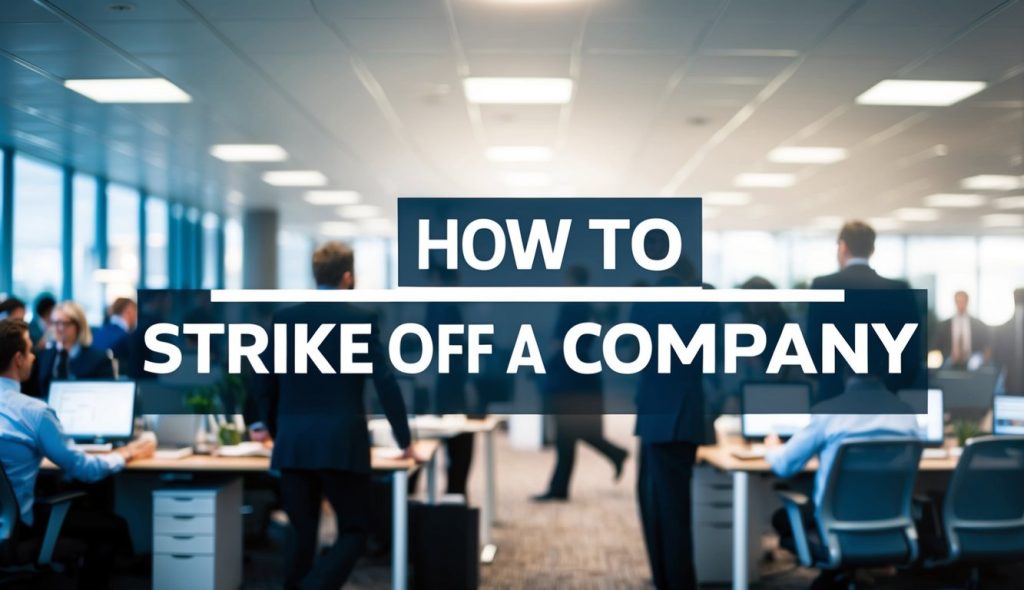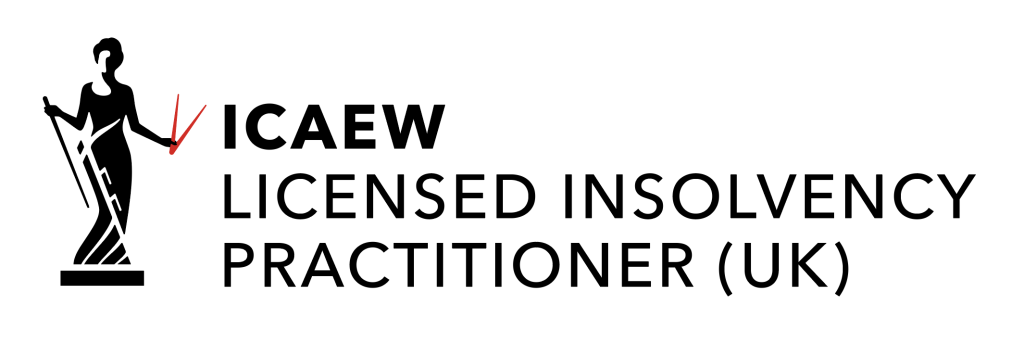Closing a Limited Company with No Debts?
Anderson Brookes Insolvency Practitioners help directors close limited companies quickly, legally and with expert guidance every step of the way.
Free confidential advice & quote
How to Close a Company with No Debts or Assets
If your company has fulfilled its purpose, holds no debts, and no longer trades, you may be considering how best to close it down. Choosing the right method will depend on your future plans, the value of remaining funds or assets, and how important it is to close the business formally and efficiently.
At Anderson Brookes, we help business owners like you assess the most appropriate and legally sound route to closure – whether that’s a voluntary strike off or a Members’ Voluntary Liquidation (MVL).
What Are Your Options?
When a limited company has no outstanding debts, there are two common ways to close it:
| Option | When It’s Suitable | Key Features |
|---|---|---|
| Voluntary Strike Off | The company is inactive, has no debts or assets, and hasn’t traded in the last 3 months | Simple, low-cost, uses the DS01 form to remove the company from Companies House |
| Members’ Voluntary Liquidation (MVL) | The company holds significant retained profits or assets, and all debts can be paid within 12 months | Tax-efficient way to distribute funds to shareholders, managed by a licensed insolvency practitioner |
Let’s take a closer look at each option. If there debts you will want to look at your other liquidation options.

Why Directors Choose Anderson Brookes
With more than 25 years’ experience and thousands of directors helped, we’re trusted by business owners across the UK. You can speak directly with an expert insolvency practitioner and we’ll help you understand your options clearly and quickly. We specialise in working with small and medium businesses and we understand your perspective and priorities.
Ready to
Move On?
If you’re ready to close your company, stop creditor pressure, or just want to understand your next steps, we’re here to talk.
Call us now on 0800 1804 935 or request a call back - we’re here to help.
Voluntary Strike Off
If your company has no debts and hasn’t traded, changed its name, or made credit agreements in the last 3 months, you can apply to strike it off the register.
The process involves:
Submitting form DS01 to Companies House
Informing HMRC and all interested parties (creditors, shareholders, employees)
Waiting for the company to be published in The Gazette for potential objections
Dissolution after approximately 2 months if no objections are received
Important: All accounts must be finalised and business assets removed before submitting the strike off. Any assets still in the company at the time of dissolution become property of the Crown (bona vacantia).
Members’ Voluntary Liquidation (MVL)
If the company has cash reserves, property, or other assets to distribute, an MVL can be a more structured and tax-efficient route. It also offers added assurance for directors who want a formal end to the business.
The MVL process includes:
Directors signing a declaration of solvency confirming all debts will be paid
Passing a shareholders’ resolution to liquidate the company
Appointing a licensed insolvency practitioner to realise and distribute assets
Settling any final liabilities and accounts
Formally dissolving the company once HMRC clearance is obtained
Many directors choose MVL for peace of mind and to extract company profits under capital gains tax rules, especially if Business Asset Disposal Relief (formerly Entrepreneurs’ Relief) applies.
What If You’re Unsure?
If you’re not sure whether to strike off or liquidate, we can help. At Anderson Brookes, we specialise in efficient and compliant company closure for business owners. We work only with limited companies and SMEs, helping them make confident, informed decisions.
We do not offer personal debt services – our expertise lies solely in helping directors close or restructure their businesses.
Free Advice from a Licensed Insolvency Practitioner
If you’re looking to close a company with no debts or assets and want trusted advice, contact Anderson Brookes today:
Email: advice@andersonbrookes.co.uk
Call Free: 0800 1804 935
Our team of licensed insolvency professionals will guide you through every step and ensure your closure process is fast, simple, and legally sound.
Testimonials
Our clients praise our professionalism, reliability, and the exceptional support we provide during challenging times, helping thousands of company directors through insolvency, liquidation, and business debt solutions.
Frequently Asked Questions
Have a company in England or Wales? These are your limited company business debt, liquidation and insolvency questions answered.
Can I liquidate the company myself?
No. Only a Licensed Insolvency Practitioner can place a company into liquidation.
What are the advantages of liquidation?
Placing the company into liquidation will stop debt enforcement, including bailiff action. The directors are usually in control of the process and can choose the liquidator. In most cases, it can be completed within two weeks without needing to attend any formal meetings. Company debts are usually written off unless they are personally guaranteed. Directors who act responsibly can show they handled the company’s financial affairs properly.
Is liquidation the same as dissolving the company?
No. Only a Licensed Insolvency Practitioner can liquidate a company. A director can apply to dissolve a company through Companies House, but only if certain conditions are met. If the company is insolvent, it may be a criminal offence to apply for strike-off. Always take professional advice before doing this. If you think you might qualify for dissolution, call us and we’ll explain the process. See our Licensed vs Unregulated page.
What is compulsory liquidation?
This happens when a creditor applies to court to wind up a company due to non-payment of a debt over £750. If the court agrees, the company is placed into compulsory liquidation. This often leads to more problems for directors, who may find it harder to defend against accusations such as wrongful trading. It is usually better to start the process voluntarily. See Strike Off vs Voluntary Liquidation for more details.
How much will it cost to liquidate my company?
It depends on your situation. In most cases, the directors do not pay the costs personally. The liquidation is paid for using company assets. We are a small practice based in Bolton with low overheads, so we offer some of the most competitive fees in the UK. All costs will be confirmed in writing before we proceed. You may also be interested in CVL Costs.
What is a phoenix company?
This is a new limited company that starts after an old one has gone into liquidation. It allows the business to carry on with the profitable parts of the original company. There are strict rules about reusing a company name, so it’s important to get advice before going ahead. For further detail and more simple explanations of insolvency and liquidation terms see our Glossary.
What is a Members’ Voluntary Liquidation (MVL)?
An MVL is used when a company is still solvent and can repay all its debts. It may be the right option if directors want to retire or step away from the business. MVLs can offer tax benefits, but they must be handled by a Licensed Insolvency Practitioner. See all types of liquidations.
What is wrongful trading?
If a company is insolvent and directors carry on trading, they may be accused of wrongful trading. A director could be held personally liable if they knew, or should have known, that the company couldn’t avoid liquidation and did not act to reduce losses. Acting early helps reduce this risk.
Do you only offer formal insolvency advice?
No. Many businesses contact us who do not need formal insolvency procedures. We help explore all the options, including self-help and informal solutions. If formal action is needed, our Licensed Insolvency Practitioner can act for you directly.


